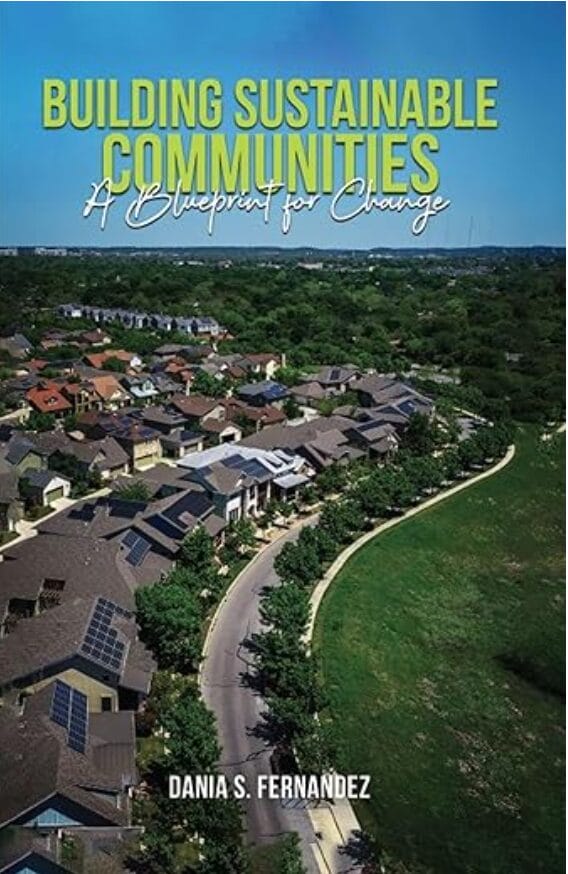
In recent years, Florida has introduced important changes to the education and certification requirements for board members of condominium and homeowners associations (HOAs). These changes are designed to ensure that board members are well-informed, capable of making sound decisions, and compliant with state law. If you serve or plan to serve on a board, understanding these new requirements is essential.
Who Is Affected?
Recent updates to education requirements were passed in House Bill 1021 and Senate Bill 382. They apply to:
- Condominium board members under Fla. Stat. §718
- HOA board members under Fla. Stat. §720
- Community Association Managers (CAMs) who oversee day-to-day operations for associations.
Even if you are an experienced board member, these new rules may affect you, particularly regarding continuing education and certification.
Key Requirements for Condo Board Members
New condo board members are required to complete a 4-hour DBPR-approved educational course within 90 days of being elected or appointed. The course covers essential topics that ensure directors can fulfill their responsibilities effectively, including milestone inspections, Structural Integrity Reserve Studies (SIRS), recordkeeping, financial literacy, and proper notice and meeting procedures.
After completing the initial course, directors must complete at least one hour of continuing education annually to stay up to date on recent legislative changes. The initial certification is valid for seven years, after which ongoing continuing education is required to maintain compliance and remain informed about evolving legal requirements.
Key Requirements for HOA Board Members
New HOA directors must also complete a DBPR-approved course within 90 days of appointment.
The course addresses similar topics such as financial management and transparency, proper recordkeeping, and the procedures for levying fines and maintaining compliance.
After completing the initial course, directors must fulfill annual continuing education requirements, which vary depending on the size of the association:
- Associations with fewer than 2,500 parcels must complete four hours per year
- Associations with 2,500 parcels or more must complete eight hours annually
The initial certificate is valid for four years, after which ongoing continuing education is required to maintain compliance and ensure directors remain informed about legal and operational best practices.
Why Ongoing Board Member Education Matters in Florida
Board members play a critical role in maintaining the financial health, safety, and legal compliance of their communities. Failing to meet education requirements can result in:
- Suspension from serving on the board
- Increased liability for mismanagement or noncompliance
- Challenges in executing board responsibilities effectively
By completing the required education and staying informed, board members can make better decisions, avoid costly mistakes, and ensure transparency for homeowners. These requirements become more than just a legal formality—they are a tool to protect your community and empower your leadership team to make informed decisions.
If you have questions about board education requirements or need guidance on changing laws and regulations, contact our legal team today. At Dania Fernandez & Associates, P.A., we’re here to help with board training, legal guidance and ongoing support for Florida community associations. Contact us today to learn more about how we can help your association thrive.


how can a condo assoc put money in common expenses for social gatherings when not mentioned in the dec or bylaws